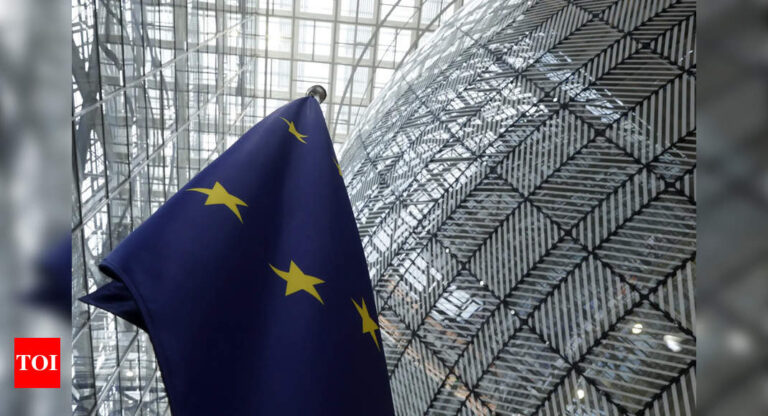Europe is taking a tough stance on regulating artificial intelligence (AI), introducing comprehensive rules to ensure the responsible development and use of the technology. While the rules aim to address potential risks associated with AI, Prince Constantijn of the Netherlands said the approach could cause Europe to fall behind the United States and China in AI development.
“Our ambitions seem to be limited to being a good regulator,” Constantine told CNBC on the sidelines of the recent fintech conference Money 20/20 in Amsterdam.
“We’ve seen this happen in the data space. [with GDPR]”We’ve seen this in the platform space and now in AI,” added Constantijn, the third and youngest son of the former Queen Beatrix of the Netherlands.
European Union (EU) regulators are taking a tough approach to AI to limit bias, discrimination and privacy concerns.
Europe puts emphasis on regulating AI
Prince Constantine said he was “deeply concerned” that Europe was focusing on regulating AI rather than trying to be a leader in innovation.
“It’s good to have guardrails. We want to bring transparency, predictability and so on to the market. But that’s very hard to achieve in such a rapidly changing space,” he said.
“There are big risks if we get it wrong. As we have seen with genetically modified organisms, development has not stopped. It has just stopped in Europe and now we are consumers of a product, not producers who can influence market developments,” he added.
Constantine said Europe has “huge limitations on data” that make it “quite difficult” to innovate on AI.
Constantine noted that the U.S. market is a “much larger and more integrated market” where capital flows more freely, and in this respect, he added, “Europe is much less well-regarded.”
“I think where we’re excelling is in terms of talent. We’re excelling in terms of the skill itself,” he said.
Moreover, when it comes to developing applications that use AI, “Europe will definitely become competitive,” Constantin noted.


